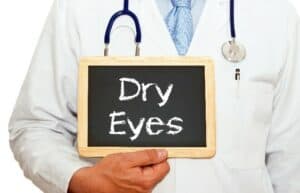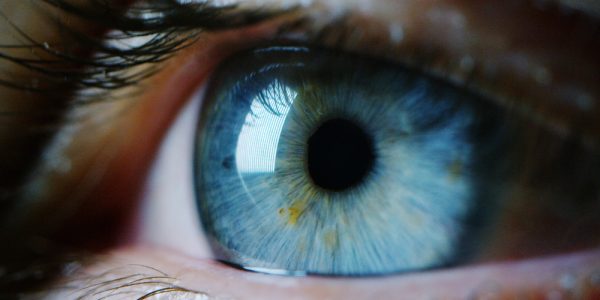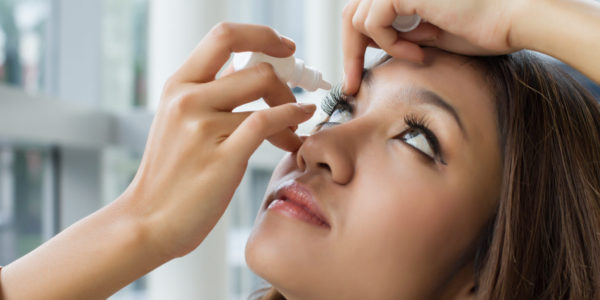
Understanding Dry Eye
Your eyes are bathed in a layer of tears called the tear film. If the quantity of your tears is lacking, or the composition of the tears is off balance, dry eye can occur.
Healthy tears are composed of three layers: water, which nourishes the surface of the eye, mucous, which helps the water layer adhere to the eye, and oil, which prevents the tears from evaporating too quickly. If the composition of the tears changes and there is not enough oil in the tears, they can evaporate prematurely; this is known as “evaporative dry eye.”
Symptoms can range from mildly irritating to practically debilitating. Common dry eye symptoms include red, itchy or fatigued eyes. The condition can also cause a burning or aching sensation in the eyes, sensitivity to light and blurry vision.
Causes of Dry Eye
Factors that can decrease your tear production or alter the composition of your tears include the following:
- Advancing age (i.e., 50 or older)
- Medications like antihistamines, decongestants, birth control pills and antidepressants
- Hormonal changes that occur during pregnancy or menopause
- Autoimmune disorders such as Sjogren’s syndrome, lupus or rheumatoid arthritis
- Environmental factors like wind or dry climates
- Seasonal allergies
- Laser eye surgery like LASIK
Diagnosing and Treating Dry Eye
If you are experiencing any of the aforementioned symptoms of dry eye, Dr. Mandel recommends you see your regular eye doctor for an evaluation. During that appointment, several tests may be performed to confirm the presence and severity of dry eye.
Treating dry eye may require several different approaches to restore adequate moisture to the surface of the eyes. Often, the first line of defense against dry eye is to use artificial tears, sometimes combined with the addition of an Omega 3 dietary supplement. Other medications like Restasis or Xiidra may be prescribed.
The next step may include placing tiny removable plugs in the “drains” that control the outflow of tears. This helps preserve the natural tears the eye produces and enables artificial tears to stay in contact longer with the surface of the eyes.
Other lifestyle changes, such as limiting screen time or exposure to air conditioning and using a humidifier, may be recommended in conjunction with dry eye medications and treatment.
If dry eye is detected during a pre-LASIK screening, the condition must be treated before proceeding with laser vision correction.
Are You Experiencing Symptoms of Dry Eye?
If your eyes feel dry or itchy, or if you are experiencing other symptoms of dry eye, contact your regular eye doctor to request a screening. If you are diagnosed with dry eye, Dr. Mandel offers a wide range of treatments that he can discuss with you. Please contact Optima Eye by calling 510-886-3937 or emailing with any questions.


